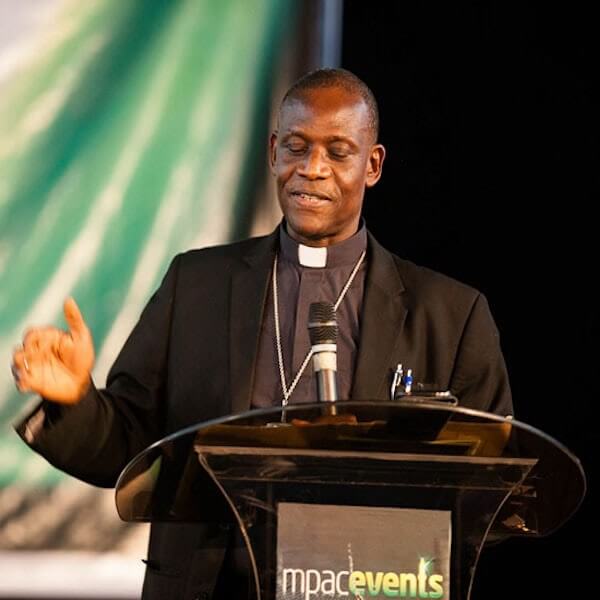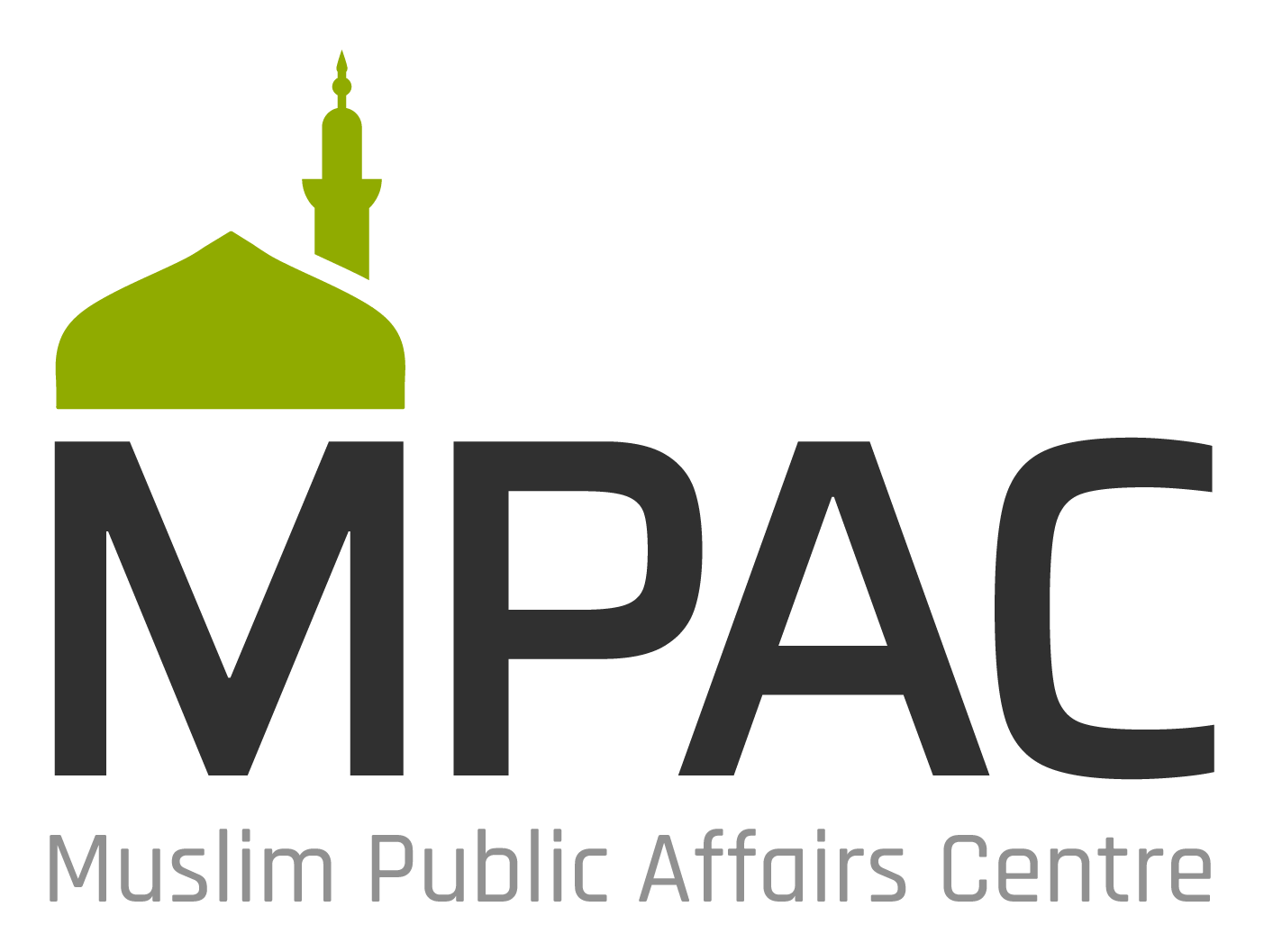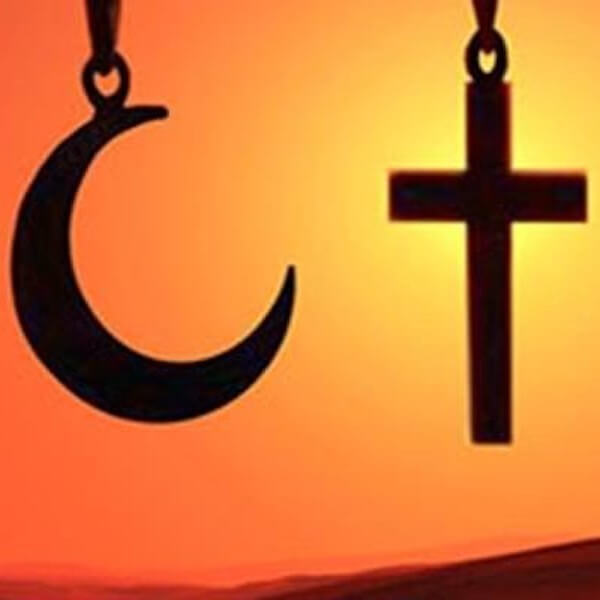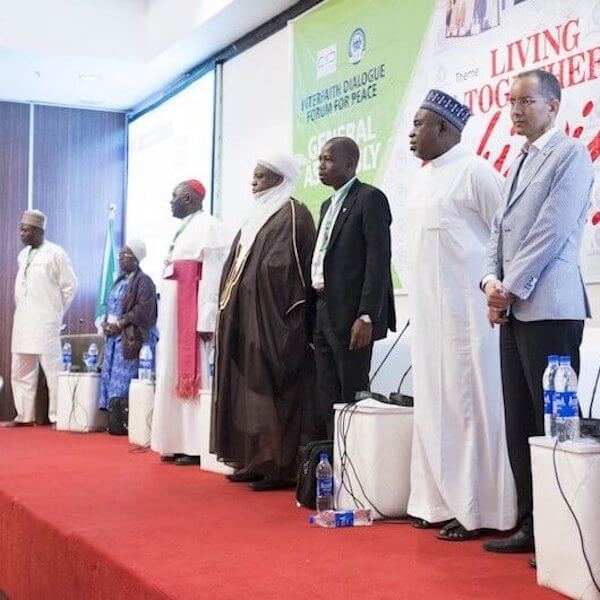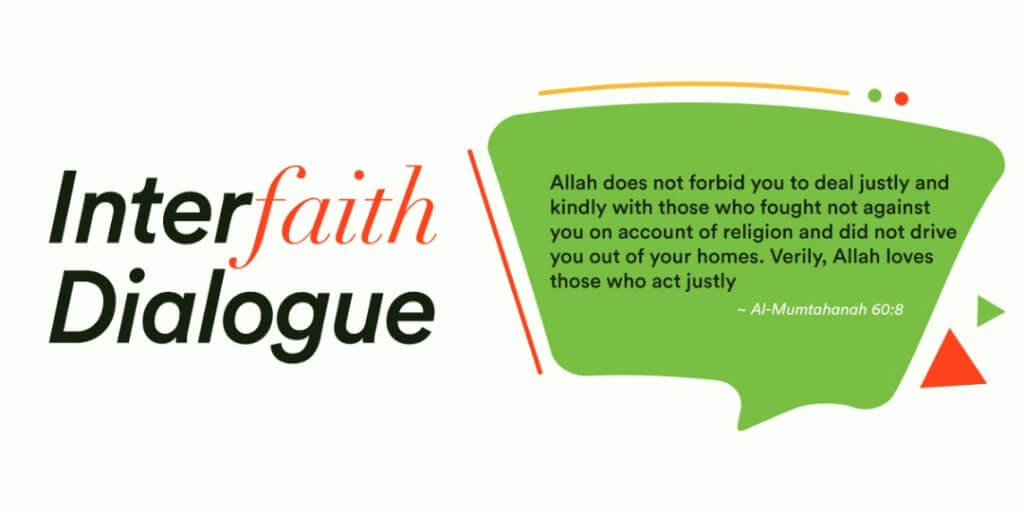
Interfaith Programmes
Interfaith work is important to us at MPAC. It forms a central part of our activities and our quest to contribute to peacebuilding, human rights, security, economic and social development of our country. Interfaith relations describe positive exchanges among religious practitioners, in this context, the practitioners of Islam and Christianity, on matters of doctrine and issues of mutual concern in culture and politics.
Scriptural Basis of Interfaith Dialogue
There are many verses in the Quran which may serve as authoritative guidelines for interfaith dialogue. These very verses confirm the holy scriptures that came before the revelation of Islam and urge the Muslims to confirm the monotheistic faiths of those faith communities, in particular, the Jews and the Christians, that came before it. Allah says in the Holy Quran:
“Say (O Muslims), “We believe in Allah and that which has been sent down to us and that which has been sent down to Ibrahim (Abraham), Ismail (Ishmael), Ishaq (Isaac), Yaqub (Jacob), and to Al-Asbat (the offspring of the twelve sons of Jacob), and that which has been given to Musa (Moses) and Isa (Jesus), and that which has been given to the Prophets from their Lord. We make no distinction between any of them, and to Him we have submitted (in Islam)”.
In the same vein, the Quran plainly calls to interfaith dialogue in the following verse:
Say (O Muhammad SAW.): “O people of the Scripture (Jews and Christians)! Come to a word that is just between us and you, that we worship none but Allah (Alone), and that we associate no partners with Him, and that none of us shall take others as lords besides Allah….”
This verse represents the most manifest call for interfaith dialogue. The Islamic approach to interfaith dialogue and its attestation is primarily based on this very verse. Apart from the Quranic call for interreligious dialogue, we also find specimens of religious dialogue from the life-stories of the Prophet Muhammad (SAW) and his companions.
The Charter of Madinah set for the citizens of Madinah city state and the Treaty of Hudaibiyah made with the people of Makkah are two important documents that testify for their dialogic life. In Madinah, all people irrespective of religions had equal rights and enjoyed a happy, peaceful life verily under the jurisdiction of the Charter of Madinah. On the other hand, Prophet Muhammad (SAW) abandoned the title “Rasulullah” (Allah‟s Messenger) while writing the Treaty of Hudaybyiah (with the disbelieving people of Makkah) only for the sake of peace and harmony.
The following are some of the verses that direct us to interfaith dialogue:
a) “There is no compulsion in religion: Verily the Right Path has become distinct from the wrong path. Whoever disbelieves in Tagut and believes in Allah, then he has grasped the most trustworthy handhold that will never break. And Allah is All-Hearer, All-Knower.”
b) “Say (O Muhammad SAW.) to the believers to forgive those who (harm them and) hope not for the Days of Allah (i.e. His Recompense), that He may recompense a people, according to what they have earned”.
c) “And insult not those whom they (disbelievers) worship besides Allah, lest they insult Allah wrongfully without knowledge.”
These verses obviously claim that Islam not only approves interfaith dialogue for its adherents but also earnestly urge the peoples of other religions to come forward for the sake of peace and tranquillity and engage in inter-religious dialogue.
The Need for Interfaith Dialogue in Nigeria
In his extraordinary address to the United Nations General Assembly on September 29th, 2015 during the “Leadership Summit on Countering ISIL and Violent Extremism”, Shaykh Abdallah Bin Bayyah* said “The ship of humanity is in perilous waters: our human abode is threatened by fire, and therefore our current situation calls for urgent collaboration. Today, humankind is in dire need of the Ark of Noah. In keeping with our Prophetic tradition, our central concern is how to rescue this sinking ship. We are attempting to extinguish the fires that have engulfed our human abode; hence, we are merely firefighters and lifesavers.”
Nigeria is certainly caught in the dangerous undercurrent of the perilous waters which the Shaykh spoke of. We need young leaders of both religions to support those interfaith heroes that have consistently raised the flag of peace and harmony in our country. We need them to amplify powerful voices, to be firefighters and lifesavers and we need masses of people that will be peace advocates. At MPAC, we will engage in interfaith relations and works with genuine commitment to non-violence, solidarity, tolerance and equal rights.
*Shaykh Abdallah Bin Bayyah is the President of the prestigious Forum for Promoting Peace in Muslim Societies.
